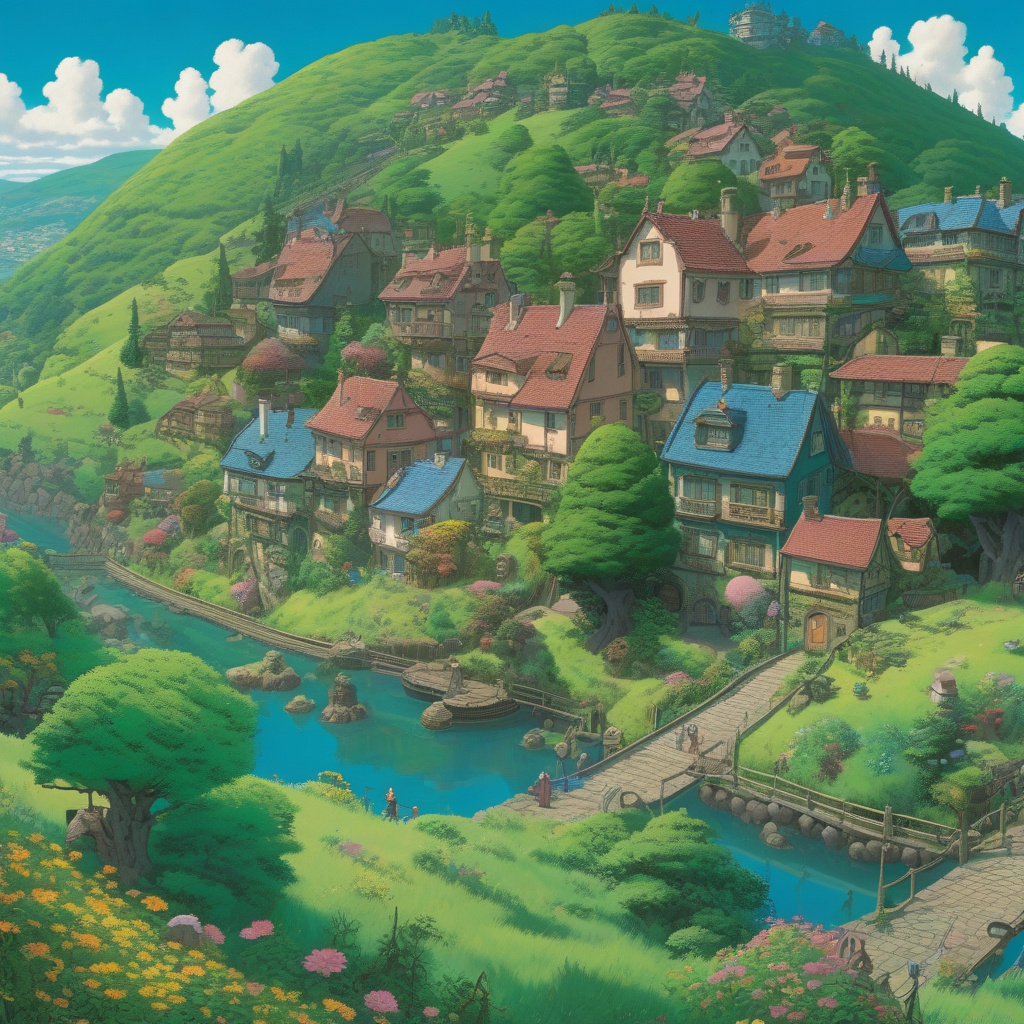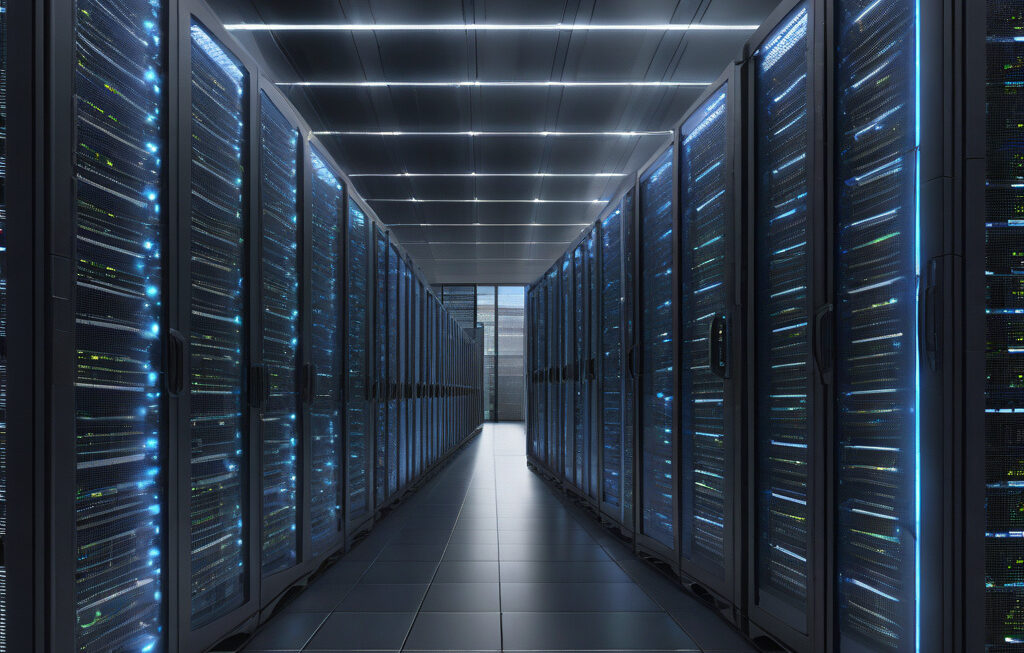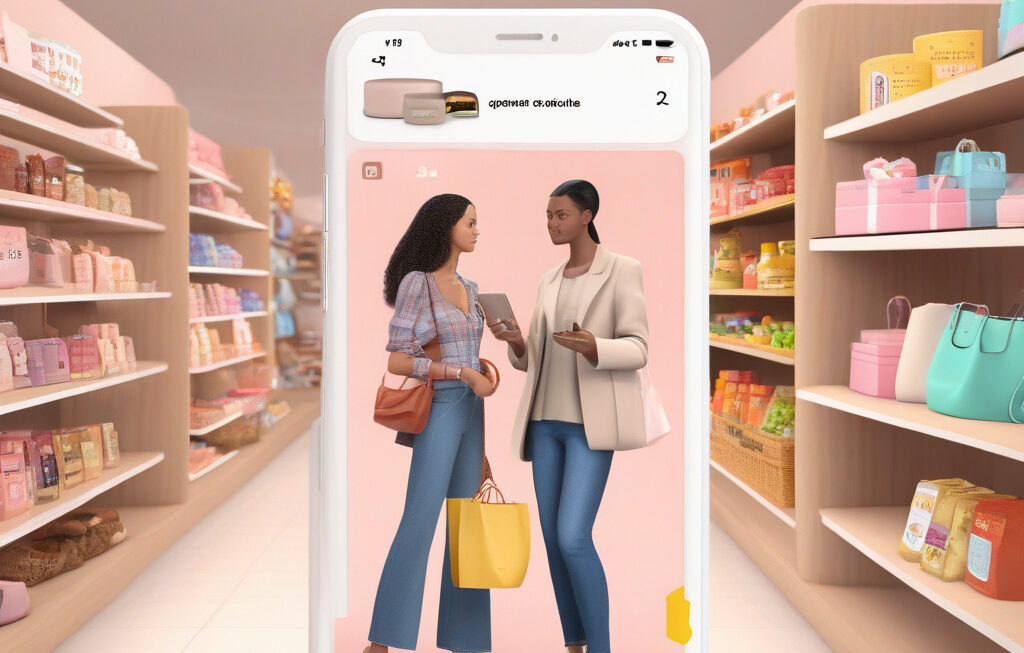OpenAI Faces Copyright Debate Over Ghibli-Style Images
OpenAI, known for pushing the boundaries of artificial intelligence, has recently found itself in the midst of a copyright debate. The issue at hand revolves around the use of Ghibli-style images generated by AI, sparking concerns about intellectual property rights and the ethical implications of AI training on copyrighted material.
Copyright lawyer Even Brown has weighed in on the matter, pointing out that OpenAI may not be directly violating any laws by creating AI-generated images inspired by renowned works such as those of Studio Ghibli. However, Brown’s stance underscores a broader concern within the legal and creative communities regarding the use of copyrighted material in AI training.
The crux of the issue lies in the process through which AI systems learn and generate content. In the case of OpenAI, the organization’s algorithms have been trained on a vast amount of data, including images, text, and other forms of media. When these AI models produce output that closely resembles copyrighted works, questions arise about the originality and ownership of the generated content.
While OpenAI has not explicitly copied or reproduced existing Ghibli images, the stylistic similarities present a gray area in the realm of copyright law. The debate highlights a fundamental tension between innovation and intellectual property protection, especially as AI technologies become more adept at mimicking human creativity.
One of the key concerns raised by Brown and other legal experts is the potential impact of AI-generated content on the market for original creations. If AI systems are allowed to freely imitate copyrighted works without repercussions, it could diminish the value of authentic artistic expressions and undermine the incentives for creators to produce original content.
Moreover, the use of copyrighted material in AI training raises questions about the broader implications for cultural heritage and artistic integrity. As AI algorithms continue to evolve and generate increasingly sophisticated outputs, there is a growing need to establish clear guidelines and ethical frameworks to govern their use in relation to copyrighted works.
In response to the copyright debate, OpenAI has emphasized its commitment to responsible AI development and compliance with legal standards. The organization has stated that it takes intellectual property rights seriously and is exploring ways to address the concerns raised by experts like Even Brown.
Moving forward, the intersection of AI technology and copyright law is likely to remain a contentious issue, requiring collaboration between industry stakeholders, legal professionals, and policymakers to find a balanced solution. As AI continues to reshape the creative landscape, navigating the complex terrain of intellectual property rights will be crucial to fostering innovation while upholding the principles of fair use and artistic integrity.
In conclusion, the copyright debate surrounding OpenAI’s usage of Ghibli-style images underscores the need for a nuanced approach to AI development and intellectual property protection. By addressing these challenges proactively and engaging in constructive dialogue, stakeholders can work towards a more sustainable and ethical framework for AI innovation in the digital age.
OpenAI, Copyright, Ghibli, AI, Innovation












